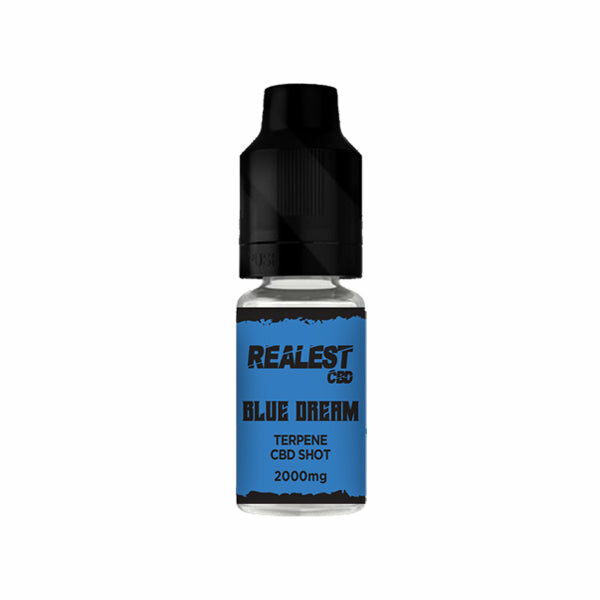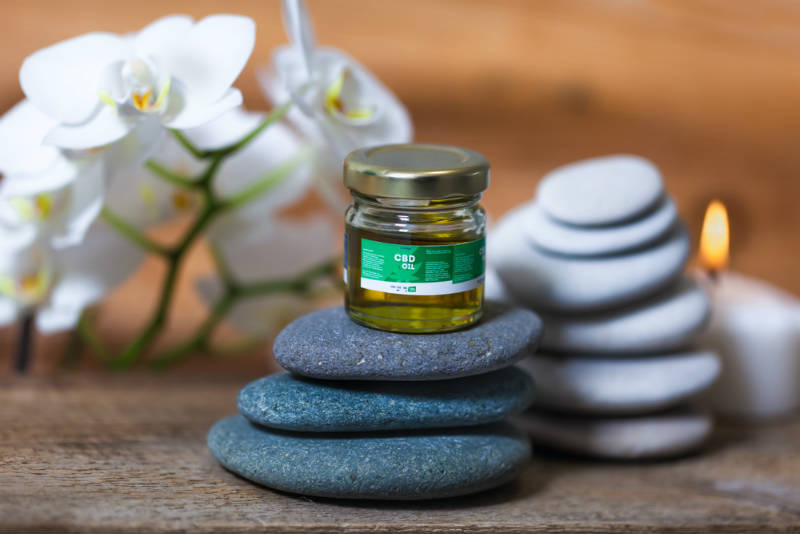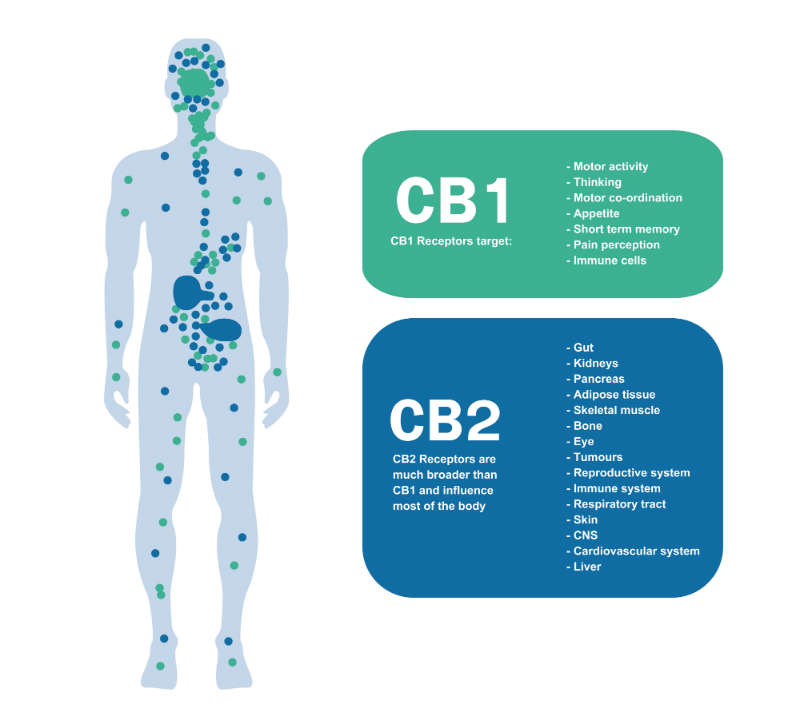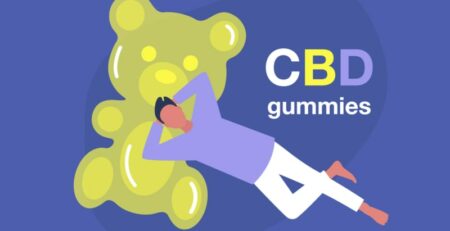Can CBD Help Improve Your Sleep?
CBD For Sleep
Getting a quality nights sleep is essential for human survival. If you dont get enough then your mental and physical health will deteriorate, and your quality of life will drop.
If you are one of the estimated 70% of people who has reportedly struggled to nod off at night, then you will understand the frustration it breeds, and the subsequent disruption caused to your day to day life.
Many will overhaul their lifestyle to achieve those 40 winks on schedule. Some may exercise more, some may meditate, and others may take supplements such as magnesium or resort to addictive prescription sleeping tablets such as diazepam.
One thing that isnt generally suggested to these people but could potentially help them is the use of cannabis or cannabis derivates such as cannabidiol (CBD). Many cannabis users have reported that they only use cannabis at night time, before they go to sleep, due to its ability to help them relax and therefore to slip into a deep and restful sleep.
Cannabis as a Sleep Aid
As you may know, the cannabis plant is full of 100 of compounds called cannabinoids, all which have differing effects on the human body. Tetrahydrocannabinol (THC) is the most studied of the cannabinoids and is the main psychoactive component of cannabis which causes what users often describe as feeling high. It is known for its sedative effect and therefore this high or stoned feeling is known to induce a drowsiness that can make the user very sleepy. However, not everybody prefers the psychoactive properties of cannabis that THC provides.
This is where CBD oil comes into a league of its own. If someone was to describe to you a chemical that is non-drowsy, doesnt get you high and has research confirming it potential as a sleep aid, then you would possibly think it is too good to be true. Enter the rising star of the cannabis world CBD.
CBD is a non psychoactive cannabinoid, present within the cannabis plant, that has recently become a top-tier trending supplement that appears to have multiple uses in the health and wellbeing world. One of them is to potentially improve sleeping patterns.
Furthermore, it CBD can be taken in multiple ways (inhaled, ingested etc…) and most commonly comes as an oil that is easy to consume (by placing a few drops under the tongue). CBD is also legal to sell, purchase, possess and consume in the UK, unlike products that are THC-based.
The Science Behind CBD: How Does CBD Work?
Once CBD is consumed, it enters the body and interacts with a network of receptors that are part of the Endocannabinoid System (ECS). The ECS contain 2 receptors called CB1 and CB2: –
- CB1 Are mostly found in the brain and central nervous system (CNS) and has functions such as pain perception, motor activity, stress response and memory.
- CB2 Are mostly found in throughout the organs of the body and are responsible for the immune, muscular and cardiovascular systems.
CBD interacts with both receptors without directly binding to either, meaning that its functions in the body are widespread. This means that CBD for sleep could potentially help: –
- Reducing Anxiety CBD has been reported by users to help reduce their anxiety. This translates to sleep related anxiety, which is common in people who regularly suffer from sleep related issues. Some people may be anxious because they cant fall asleep and others may be anxious because they are afraid of being asleep due to suffering from nightmares. Research into how CBD can help reduce anxiety has shown CBD to have considerable potential, however more research will be required.
- Regulating Sleep Pattern When sleeping, the body goes through 5 stages of sleep. In people who have irregular sleep patterns, these stages can become disjointed. Most commonly this is the REM sleep stage, and sufferers generally experience from very vivid dreams and/o sleep-related conditions such as sleep paralysis. Research has shown CBD has potential to improve REM sleep behaviour which leads to a full and more restful sleep. However, further research into CBD’s impact on sleep patterns is needed to help improve our understanding on it’s potential influence.
Final Comments
CBD oil and CBD products are commonly used by people who suffer from sleep-related issues. It appears that CBD could potentially aid people suffering with these issues, however further research is needed to clarify these claims.
If you decide to begin taking CBD, always consult your practitioner first. To incorporate CBD into your regime if you are using it for sleep-related issues, it is suggested to consume it twice per day. Once when you wake up, and again 30 minutes before you intend to go to sleep.














